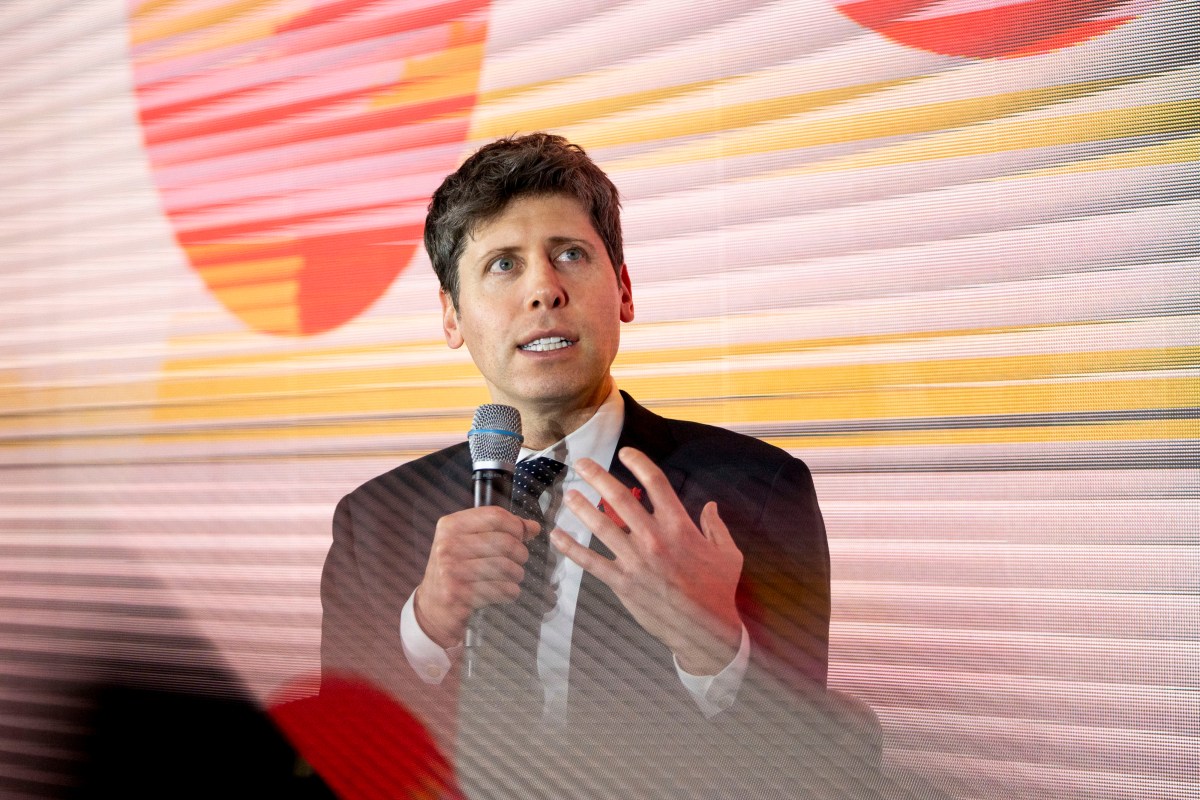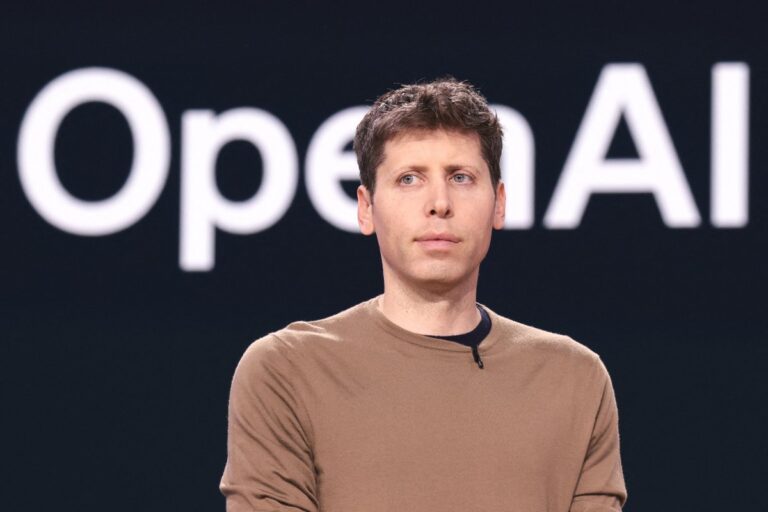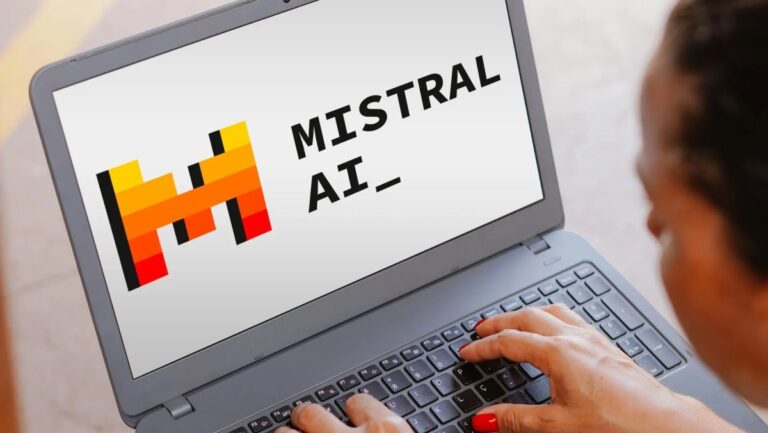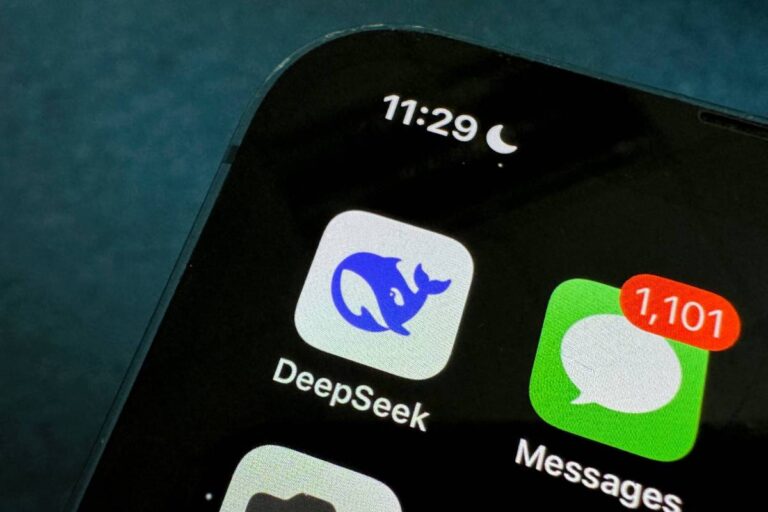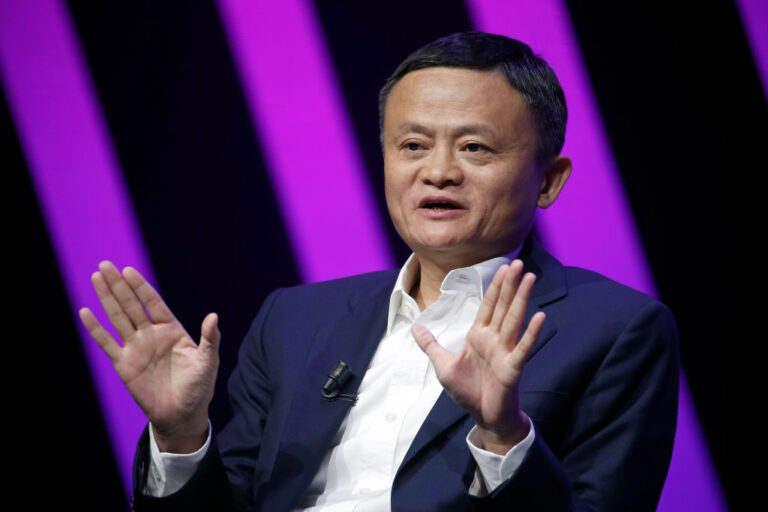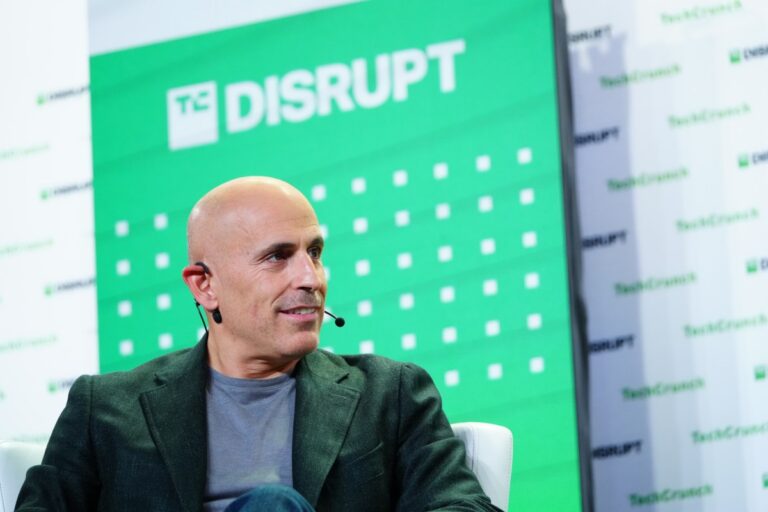Former OpenAI Employees Submit Amicus Brief Against Company’s Shift to For-Profit Model
A group of former OpenAI employees has recently stepped into the spotlight by filing a proposed amicus brief in support of Elon Musk’s lawsuit against OpenAI. This legal action challenges OpenAI’s controversial shift from a nonprofit to a for-profit entity, raising serious concerns about the organization’s mission to ensure that artificial intelligence (AI) benefits all of humanity.
Details of the Amicus Brief
The amicus brief was submitted by Lawrence Lessig, a Harvard law professor and founder of Creative Commons. It includes testimonies from twelve ex-OpenAI employees, including:
- Steven Adler
- Rosemary Campbell
- Neil Chowdhury
- Jacob Hilton
- Daniel Kokotajlo
- Gretchen Krueger
- Todor Markov
- Richard Ngo
- Girish Sastry
- William Saunders
- Carrol Wainwright
- Jeffrey Wu
The brief argues that if OpenAI’s nonprofit were to relinquish control over its business operations, it would fundamentally undermine its original mission.
Concerns Raised by Former Employees
Several of the ex-employees have previously voiced their concerns regarding OpenAI’s practices. For instance:
- Gretchen Krueger has urged the company to enhance its accountability and transparency.
- Daniel Kokotajlo and William Saunders expressed worries over OpenAI’s “reckless” pursuit of AI dominance.
- Carrol Wainwright indicated that OpenAI should not be trusted to fulfill its promises in the future.
OpenAI’s Response to the Lawsuit
In response to the lawsuit, an OpenAI spokesperson clarified that the nonprofit arm of the organization “isn’t going anywhere” and emphasized that the mission remains intact. The spokesperson stated:
“Our board has been very clear. We’re transforming our existing for-profit arm into a public benefit corporation (PBC) — similar to other AI labs like Anthropic, where some of these former employees are now working.”
OpenAI’s Structural Changes
Founded as a nonprofit in 2015, OpenAI changed its structure to a “capped-profit” model in 2019 and is now seeking to transition into a PBC. This move has sparked legal and ethical debates about the organization’s commitment to its foundational goals.
Musk’s lawsuit claims that OpenAI has strayed from its nonprofit mission, which was intended to ensure that AI research serves the broader interests of humanity. Although Musk’s request for a preliminary injunction was denied by a federal judge, the case is set to proceed to a jury trial in spring 2026.
Implications of the Proposed Transition
The amicus brief contends that OpenAI’s current structure is essential to its mission and must be preserved. According to the brief:
- The nonprofit’s governance is critical for maintaining trust among employees, donors, and stakeholders.
- OpenAI’s commitments outlined in its charter emphasize the importance of prioritizing safety and societal benefits over short-term profits.
Recruitment and Employee Assurance
The brief also highlights how OpenAI utilized its unique governance structure as a recruitment tool, assuring candidates that nonprofit oversight was vital for executing its mission. The brief cites a 2020 all-hands meeting where CEO Sam Altman emphasized the importance of nonprofit governance in prioritizing safety over profits.
Growing Opposition to OpenAI’s Transition
The filing by ex-OpenAI employees reflects a broader opposition to the organization’s transition. Earlier this week, various organizations, including nonprofits and labor groups like the California Teamsters, petitioned California Attorney General Rob Bonta to prevent OpenAI from converting to a for-profit model. They argue that OpenAI has failed to safeguard its charitable assets and is undermining its mission to promote safe AI.
OpenAI’s Future Plans
OpenAI has stated that its transition will allow it to bolster its nonprofit arm with resources dedicated to charitable initiatives across sectors such as healthcare, education, and science. In a series of posts on X, the company declared:
“We’re actually getting ready to build the best-equipped nonprofit the world has ever seen — we’re not converting it away.”
The stakes are high for OpenAI as it navigates this complex situation. The organization must finalize its for-profit conversion by the end of this year or risk losing some of the significant capital it has recently raised.
For more information on the implications of AI governance and ethical considerations, visit this page.

